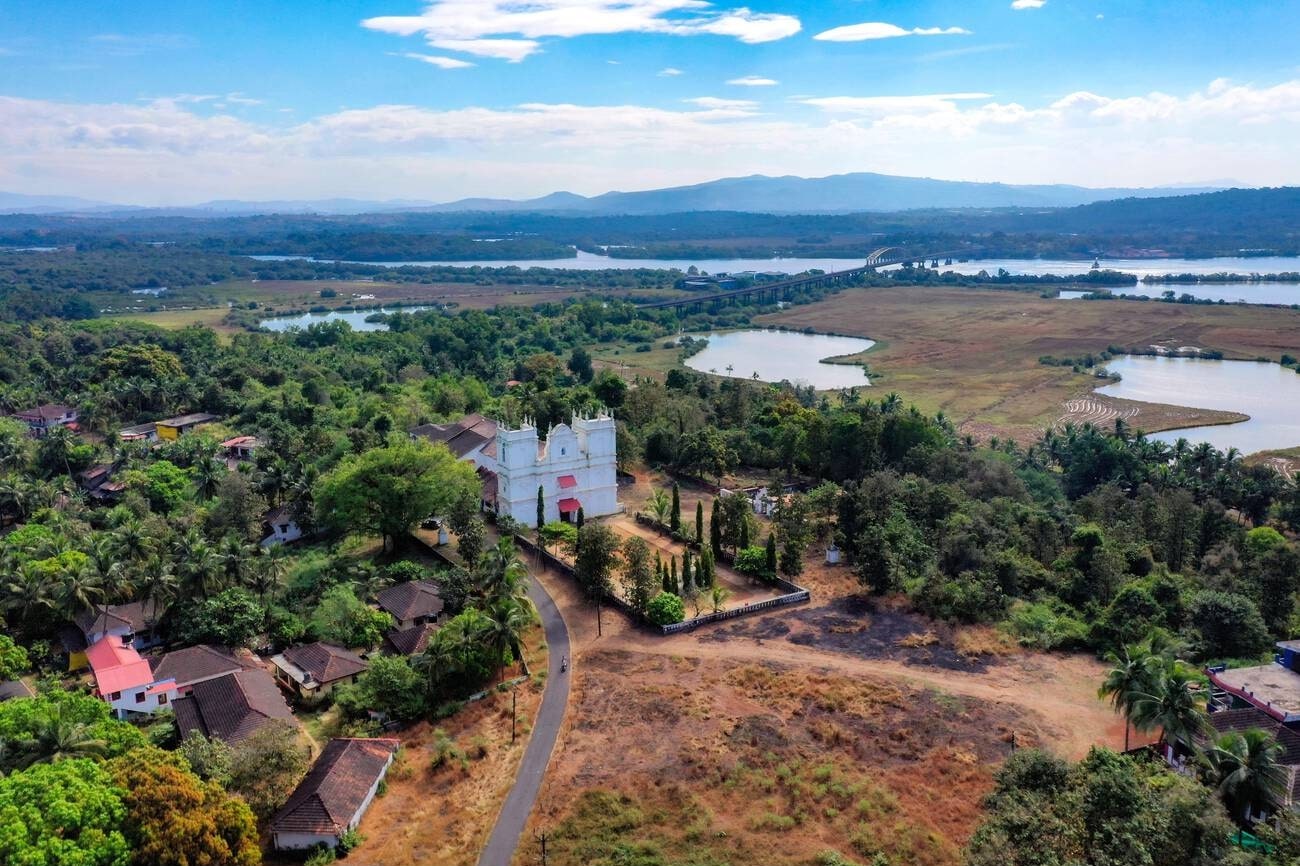It is imperative that all stakeholders engage in constructive dialogue to ensure that the unique character of Divar is preserved

The recent debates surrounding the Government of Goa's proposal to designate Divar Island as a 'Tourism Village' have sparked a mix of opposition and support. While certain factions argue that such a designation would disrupt the island's quaint charm and ecological balance, a closer examination reveals that government regulation under the Tourism Department and other allied authorities is not only beneficial but crucial for sustainable development and environmental conservation.
The designation of Divar Island as a Tourism Village would provide a structured framework to ensure that the island's sustainable practices are preserved and enhanced. Without formal oversight, unchecked tourism activities pose a significant threat to the island's unique biodiversity and cultural heritage.
By bringing Divar under governmental purview, it becomes possible to implement stringent regulations that align with environmental sustainability goals, thereby protecting the island from unplanned and potentially harmful developmental activities.
Hospitality options (sub head)
A critical aspect that necessitates government intervention is the current monopoly exerted by the sole high-end wellness resort situated along the riverbanks of Divar. This establishment has cornered the market on ayurvedic tourism, keeping prices exorbitantly high due to limited competition.
The high demand for tourism on the island, juxtaposed with the restricted supply of hospitality options, has led to an artificial inflation of prices that discourages broader tourist engagement. The declaration of Divar as a Tourism Village would facilitate balanced development by encouraging diversified tourism enterprises, fostering healthy competition, and making the island more accessible to a wider audience.
Furthermore, the proposed designation would play a pivotal role in regulating environmental emissions, planning sustainable infrastructure projects, and improving logistical connectivity. Without a comprehensive government-driven plan, the unchecked influx of tourists and vehicles could exacerbate environmental degradation.
Sustainable tourism
Under the Tourism Village framework, measures such as eco-friendly transport solutions, waste management strategies, and infrastructure upgrades could be systematically implemented, ensuring a harmonious balance between tourism and environmental preservation.
Sustainable tourism is the need of the hour for Divar island, given its fragile ecosystem and unique cultural heritage. A well-implemented sustainable tourism model can help preserve the island's environmental integrity while offering economic opportunities to local communities.
Practices such as eco-tourism, responsible visitor behaviour, and local community involvement in tourism operations can strike a balance between development and conservation. Sustainable tourism initiatives will not only protect natural resources but also create employment opportunities, fostering economic resilience without compromising the ecological character of the island.
Collaborative approach
The Tourism Village status would also help develop a long-term vision for tourism on Divar, integrating local heritage into sustainable tourism policies. A collaborative approach involving the state government, environmental experts, and the local community could ensure the adoption of eco-friendly practices while promoting responsible tourism.
This designation could facilitate the development of eco-sensitive accommodations, responsible recreational activities, and heritage tourism that align with the environmental and cultural ethos of the island.
Another notable advantage of the Tourism Village status is the heightened awareness it would generate regarding the island's ecological and cultural significance. With government-led initiatives and public-private partnerships, Divar's unique heritage can be showcased responsibly, fostering a sense of appreciation and respect among visitors. Educational programmes and eco-tourism initiatives could also be introduced to encourage sustainable interactions with the island's delicate ecosystem.
Shared heritage
From a constitutional perspective, Divar, like any other region within the State of Goa and the Republic of India, is a shared heritage of all citizens. The select few residents who oppose the designation must recognise that public infrastructure and resources cannot be considered the exclusive domain of private ancestral properties.
The Indian Constitution guarantees every citizen the right to access and experience the cultural and environmental richness of all regions, including Divar. Therefore, the argument that the island's development should be dictated solely by the interests of a few must be critically examined against the broader principle of equitable access.
It is essential to acknowledge that sustainable tourism does not equate to unrestricted commercialisation. Rather, it provides an opportunity to regulate and monitor tourism activities in a manner that safeguards local interests while ensuring that development remains in line with environmental sustainability principles. Through collaborative efforts between the government, local communities, and stakeholders, a well-balanced tourism model can be achieved that benefits both residents and visitors alike.
In conclusion, the proposal to declare Divar island as a Tourism Village should be viewed as a progressive step towards sustainable development and environmental conservation. Government oversight will bring much-needed structure, regulate tourism-related businesses, and promote inclusive economic opportunities.
Above all, it reaffirms the fundamental right of every Goan and Indian citizen to explore and appreciate the rich cultural and natural heritage of the island. Moving forward, it is imperative that all stakeholders engage in constructive dialogue to ensure that the unique character of Divar is preserved while embracing the potential benefits of regulated tourism.